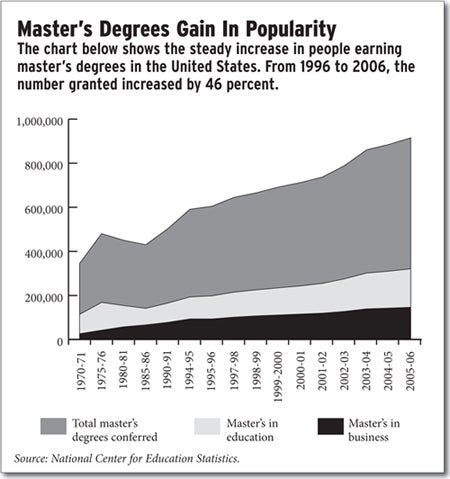Worcester-based Becker College is applying for accreditation for its first master’s degree program, which would give working professionals a chance to earn an MBA in their off-hours.
Provost Raj Pathi said part of the reasoning behind the new program is a big jump in enrollment in the college’s undergraduate business program over the past five years. Those students provide a ready market for the MBA program, he said.
Pathi said the school has been planning for several years to add graduate programs in each of its five core academic programs: business, nursing, education, design and animal sciences. If the MBA program moves forward smoothly, he said, the school will start rolling out the others.
Added Resources
Pathi said one of the reasons Becker wants to offer master’s degrees is the academic boost that it hopes they will provide to the college as a whole. The programs will allow the school to add library resources and specialized faculty that will also benefit undergraduates. And, he said, to attract and retain talented professors it helps to give them a chance to teach specialized courses, do consulting work and publish their research.
“If you want to move in that direction, one of the things that becomes essential is a graduate program,” he said.
There’s no doubt that colleges are granting more and more master’s degrees. The total number of the degrees granted by U.S. institutions rose steadily from 406,301 in the 1995-1996 school year to 594,065 in 2005-2006, according to the U.S. Department of Education’s National Center for Education Statistics. That’s a 46 percent increase, compared to a 28 percent rise in bachelor’s degrees over the same 10 years.
Mark Bilotta, president of the colleges of Worcester Consortium, said many colleges may be expanding in various directions, including adding graduate programs, to balance a demographic shift that will reduce the pool of graduating high school seniors in the New England in coming years.
“Most colleges in New England are having to explore possibilities from a revenue perspective,” he said.
But Pathi, and some other local college leaders, said adding more warm, paying bodies to campus isn’t a strong motivator for adding the master’s programs.
“I don’t think a graduate program by itself can fill the gap in any kind of shortfall an institution may face in undergraduate enrollment,” he said.
Pathi said more practical ways to boost enrollment tend to focus on shoring up the core of students pursuing bachelor’s degrees. He said Becker’s been doing well on that front, hitting an enrollment number around 1,600 last year. That’s the highest it’s been in at least 25 years, he said.
Pathi said Becker’s biggest increase in enrollment in recent years has been among nontraditional students, so the school is not overly dependent on a stream of new high school graduates.
Paxton-based Anna Maria College is also launching new Master’s programs. The college has had a selection of graduate courses for many years, and this fall it is launching programs in public administration and security management at its new Worcester campus, according to Paula Green, the school’s director of marketing and community relations.
Green said the college created the new programs mainly in response to a market that has plenty of openings in both areas. She said the college doesn’t see the programs as a particularly strong way to increase its total enrollment. Instead, she said, it is addressing that issue with strategies like marketing itself beyond Massachusetts and reaching out to first-generation college students.
Assumption College in Worcester has had Masters’ programs since the 1950s, and now has five of them, according to Adrian Dumas, the director of graduate enrollment. She said the school most recently added a program in school counseling, which has had two graduating classes, and it is also adding a new concentration in nonprofit leadership to its MBA program this fall.
Dumas said she isn’t sure whether the likely downturn in the region’s undergraduate numbers plays a role in the expansion of graduate options at Assumption, but she said the pool of potential graduate students in coming years looks good.
“I think more and more a Master’s degree is going to be the entry degree,” she said.
Besides, she added, when jobs disappear in an economic downturn, many workers may end up returning to school to retool their skills.
Dumas also agreed with Pathi that graduate programs enrich the life of a college as a whole.
“It’s really a fabulous opportunity for undergraduate students to work in collaboration with graduate students and faculty on research projects,” she said.
As for Becker’s next steps, Pathi said the college has sought approval from the state and the New England Association of Schools and Colleges and expects it will take several months to hear back from them. “It will take a semester before we’ll be proceeding with publicizing and recruiting students,” Pathi said. “At this point I suppose it is somewhat in the concept stage until it gets all the regulatory green signals.”
Still, he said, there’s no reason to think things won’t move forward smoothly. The college has hired four faculty members over the past two years who will teach both undergraduate and graduate business courses, and it expects to bring on more soon. It’s even set up an IT system for the MBA program already.

